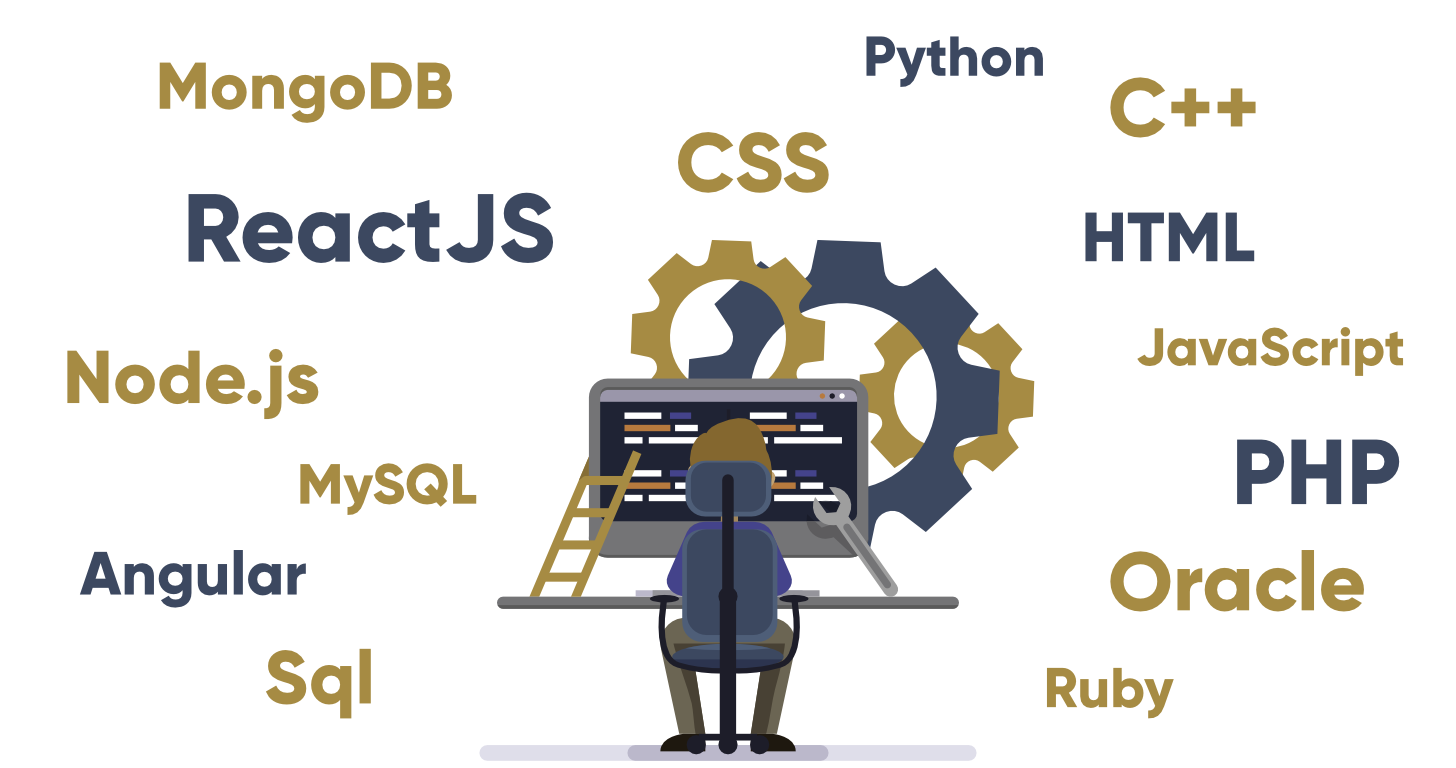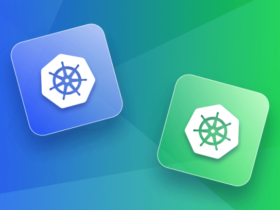Full-stack development is a rapidly evolving field that continually adapts to emerging technologies and methodologies. As businesses and industries rely on digital platforms, the demand for skilled full-stack developers has surged. Keeping up with the latest trends is essential for anyone pursuing a career in this field, especially those considering enrolling in a Java Full Stack Developer Course. Staying competitive and maintaining an edge in the industry requires mastering current technologies and being prepared for the future of development. In this expanded blog, we will dive deeper into the trends shaping the future of full-stack development and why they are essential for developers looking to thrive in this dynamic profession.
The Rise of Microservices Architecture
One of the most significant shifts in full-stack development is the growing adoption of microservices architecture. Unlike traditional monolithic architectures, where all components of an application are tightly interwoven, microservices break down applications into smaller, loosely coupled, independent services. These services can be developed, deployed, and scaled separately, offering increased flexibility and quicker deployment cycles.
For example, in an extensive e-commerce application, the shopping cart, payment processing, and user authentication systems could each be managed as independent microservices. This allows teams to work on different services simultaneously without affecting the overall application. Additionally, if a specific feature needs an update, developers can modify and deploy that microservice without disrupting other system parts.
As microservices become the preferred approach for building large-scale applications, understanding how to design and implement this architecture is essential for full-stack developers. Many programs, including a Java Full Stack Developer Course, incorporate modules that teach students to build microservices-based applications using Java frameworks like Spring Boot. This trend is vital because it allows developers to create scalable, maintainable, and easily deployable applications, which is crucial in today’s fast-paced development environment.
The Integration of AI and ML
Artificial Intelligence (AI) and Machine Learning (ML) are no longer just buzzwords; they are becoming integral parts of modern applications. AI and ML technologies offer enhanced personalisation, automate complex tasks, and provide data-driven insights, making them invaluable for various industries, from healthcare to e-commerce. Understanding how to integrate AI and ML into applications is becoming increasingly important for full-stack developers.
Incorporating AI/ML capabilities allows developers to create smarter, more responsive applications that can learn from user interactions. For example, an e-commerce website might use AI to recommend products based on a user’s browsing history, or a healthcare application might use ML algorithms to analyse patient data and predict potential health risks.
Many educational programs, including a Java Full Stack Developer Course, are starting to include modules that teach developers how to incorporate AI and ML into their projects. These courses often focus on Java libraries and frameworks, such as Deeplearning4j and Weka, which provide developers with the tools to implement machine learning models directly into their applications. Learning these skills will give full-stack developers an edge as AI/ML integration becomes a standard feature in modern web and mobile applications.
Serverless Computing
Serverless computing is another emerging trend rapidly gaining traction in the development world. The serverless model allows developers to build and deploy applications without worrying about the underlying server infrastructure. This significantly reduces the operational burden of server management, as the cloud provider automatically scales the application based on demand and charges only for the compute resources used during execution.
For full-stack developers, serverless platforms like AWS Lambda, Google Cloud Functions, and Azure Functions enable rapid development and deployment while reducing the need for manual scaling and resource management. Serverless computing is particularly beneficial for applications that experience variable traffic or require short-lived execution, such as real-time data processing or event-driven architectures.
A serverless model allows full-stack developers to focus more on writing code and less on operational concerns. In Full-stack developer classes, students can expect to learn about deploying Java applications in serverless environments, thereby reducing costs, improving scalability, and accelerating development cycles. This trend is set to revolutionise how applications are built and deployed, especially as businesses look for ways to reduce operational overhead and increase agility.
Enhanced Security Practices
With the rise of digital applications comes the ever-present threat of cybersecurity breaches. As applications become more sophisticated, so do the tactics malicious actors use to exploit vulnerabilities. Full-stack developers must be well-versed in the latest security practices to safeguard applications and protect sensitive data from unauthorised access or attacks.
Incorporating security measures such as secure coding practices, encryption, data validation, authentication, and regular security audits is no longer optional but necessary. Full-stack developers are responsible for ensuring that their applications’ front-end and back-end components are secure.
Full-stack development programs, such as Full stack developer classes, often emphasise security training as part of their curriculum. Students learn to implement robust security features, including user authentication and authorisation protocols, secure data transmission, and vulnerability testing. Understanding these security practices will be essential for developers as the industry prioritizes cybersecurity in response to increasing threats.
The Growth of DevOps and Continuous Integration/Continuous Deployment (CI/CD)
Integrating DevOps practices is becoming a critical component of modern full-stack development. DevOps, which stands for Development and Operations, is a collaborative approach that emphasises automating the processes between software development and IT operations to improve software delivery efficiency, quality, and speed.
A key component of DevOps is Continuous Integration (CI) and Continuous Deployment (CD), which involves regularly merging code changes into a central repository, followed by automated testing and deployment to production. This approach allows for faster development cycles, more reliable releases, and the ability to detect and fix bugs early in development.
Learning DevOps practices is crucial for full-stack developers to stay relevant in the industry. Courses such as Full stack developer classes increasingly cover DevOps methodologies, teaching students how to implement CI/CD pipelines using tools like Jenkins, Docker, and Kubernetes. By mastering these practices, developers can streamline workflows, improve collaboration with operations teams, and deliver high-quality applications more efficiently.
Full-stack development is continuously evolving, and staying ahead of the curve is essential for anyone pursuing a career in this domain. Trends such as microservices architecture, AI and ML integration, serverless computing, enhanced security practices, and DevOps and CI/CD growth are shaping the future of full-stack development. Enrolling in a Java Full Stack Developer Course will equip you with the knowledge and skills necessary to succeed in this ever-evolving field, ensuring you remain competitive and at the forefront of the industry. As these trends continue to develop, full-stack developers will play an increasingly vital role in building the future’s scalable, secure, and intelligent applications.
Business Name: ExcelR – Full Stack Developer And Business Analyst Course in Bangalore
Address: 10, 3rd floor, Safeway Plaza, 27th Main Rd, Old Madiwala, Jay Bheema Nagar, 1st Stage, BTM 1st Stage, Bengaluru, Karnataka 560068
Phone: 7353006061
Business Email: enquiry@excelr.com











